Junipers of the genus Juniperus are shrubs belonging to the Cupressaceae family. It is presumed that they have existed on Earth for about 50 million years. Junipers look like cypress. When in favorable conditions, junipers live for an exceptionally long period of time. They thrive in dry soil, in flatlands and forests, in semi-wooded areas and wetlands.
In Ancient Greece and Rome, the small tree was considered the surest treatment for snake bites. The Romans would add the crushed fruits to their wine and drink it when suffering from liver diseases and as an effective diuretic. In Russia in the past they would craft containers from juniper. Such containers would remain intact for lengthy periods of time, while milk stored in them would not go sour even on a very hot day.
The black fruits of junipers are a favorite among birds such as thrushes, pheasants and great bustards. The reason why these specific birds eat the fruits of junipers is that only their digestive enzymes are capable of processing them in a way that would allow the seeds to sprout.
Junipers can effortlessly be grown at home. The sapling needs to placed in dry soil facing south. Know that the shrub begins giving fruits after several years. It does not bloom and give fruits annually and often does not grow for years on end. Juniper fruits that provide the best healing properties are ones that have grown in warm weather.
Composition of Junipers
Junipers contain 0.5-2% essential oils, 30% invert sugar, flavonoids, bitter glycosides, organic acids, waxes, tannins, resins. The essential oil of junipers contains terpenes. Juniper fruits contain fatty oil, acetic, formic and malic acids, juniper camphor, potassium and calcium salts, vitamin C, bitter and resinous substances, tannin, glucose, manganese.
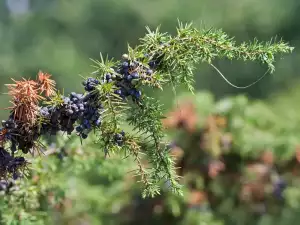
Picking and Storing Junipers
Junipers grow singly or in groups along dry and rocky slopes, cliffs and other shrubs. The juicy fruits of junipers are picked during the fall (September - November). Dried juniper fruits can also be found in pharmacies and specialized stores. Essential oils are extracted from junipers as well.
Benefits of Junipers
In ancient times, juniper fruits were used as an excellent hygroscopic and antiseptic. They stimulate circulation, relax the blood vessels, cleanse the intestines and stomach, lungs and blood. They have a wonderful diuretic action, strengthen the stomach and increase metabolism.
Tea from crushed juniper fruits is good for strengthening the stomach and intestines, boosting the immune system, removing salt and urine from body if suffering from gout and rheumatism. The healing tea speeds up the body's excretory functions if suffering from obesity and edema.
Undergoing a healing treatment with juniper fruits has a beneficial effect on the stomach, during abdominal swelling, for releasing greater quantities of water from the body, for boosting the immune system. To undergo this treatment, chew juniper fruits for 12 days, starting with 4 fruits on the first day and increasing this number by 1 for each subsequent day.
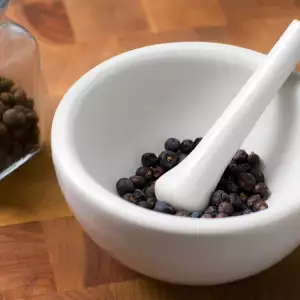
Juniper essence is a great treatment against rheumatism, acne, eczema, skin peeling. To make it, put 17.5 oz (500 g) of the fruits in 8 1/3 cups (2 L) vinegar or lemon juice and let them sit between 8 days to 2 weeks. Stir the mixture well each day, then strain it at the end. Smear the resulting essence on the affected skin area.
Junipers get rid of puffiness, are good against dermatitis and toothache. They are a wonderful tool in the battle with cellulite, eliminate lung and bronchi inflammation, improve heart function. They also help against colic and constipation.
For stomach ulcers, an elixir of juniper roots is recommended. Pour 2/5 cup (100 ml) of boiling water over 1 tbsp of chopped roots. Boil the mixture 20 min. in a covered container. Let it sit for the same amount of time, strain and drink 3 times a day before meals.
Juniper oil is used to soothe the nerves, it alleviates anxiety, mental exhaustion and nervous tension. It is good against an enlarged prostate. The oil tones the liver and regulates the menstrual cycle. It pairs excellently with oils from cedar, cypress, geranium macrorrhizum L, grapefruit, lemongrass, salvia, bergamot and lime.
Dangers of Junipers
Excessive use of juniper fruits causes harm to the kidneys. Therefore, the recommended amount should not be exceeded. Junipers are detrimental during pregnancy and kidney failure. Treatments with junipers should not exceed 6 weeks.
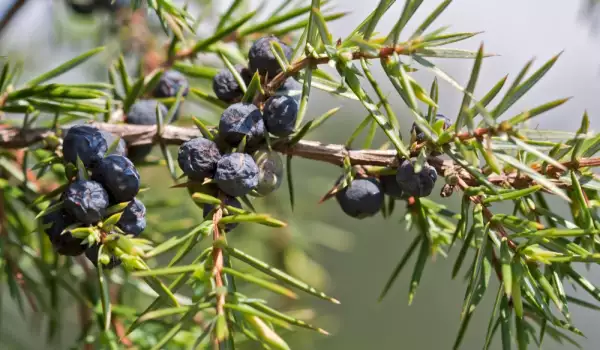
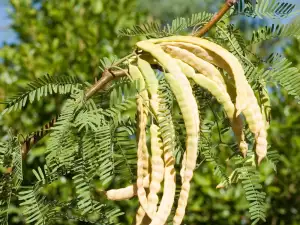


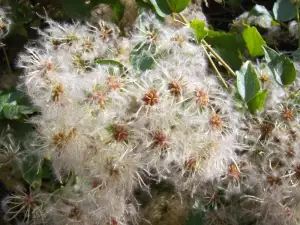
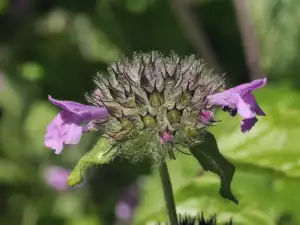

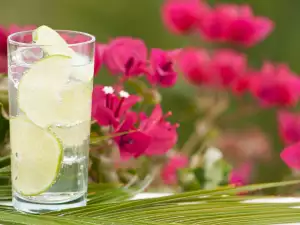

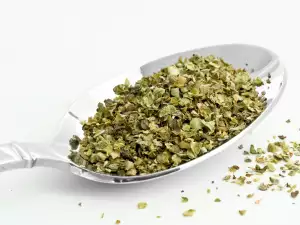




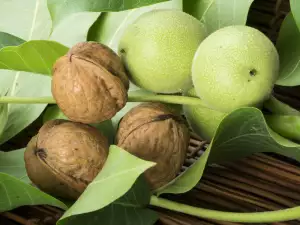


Comments